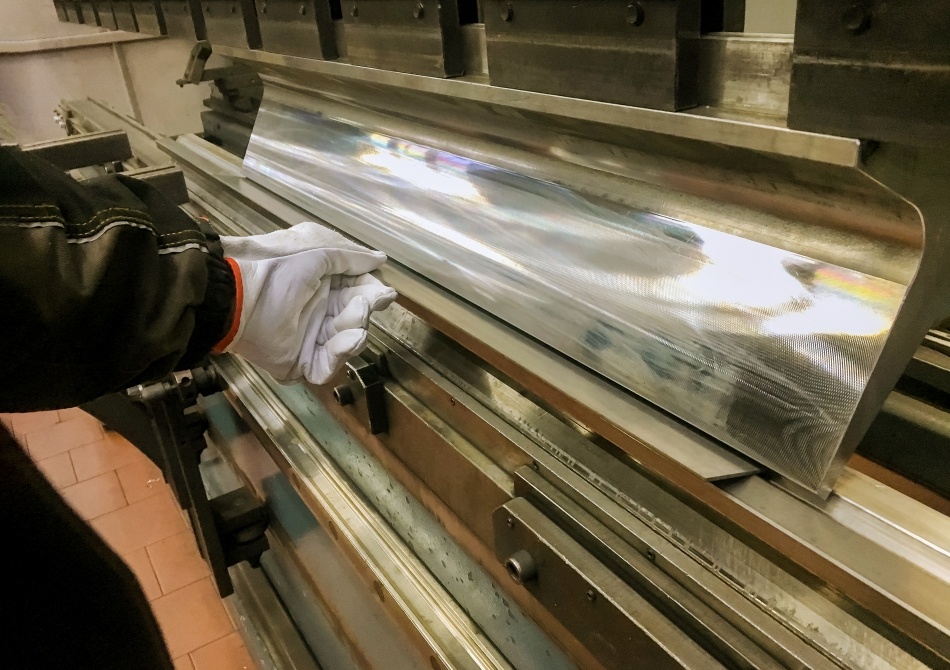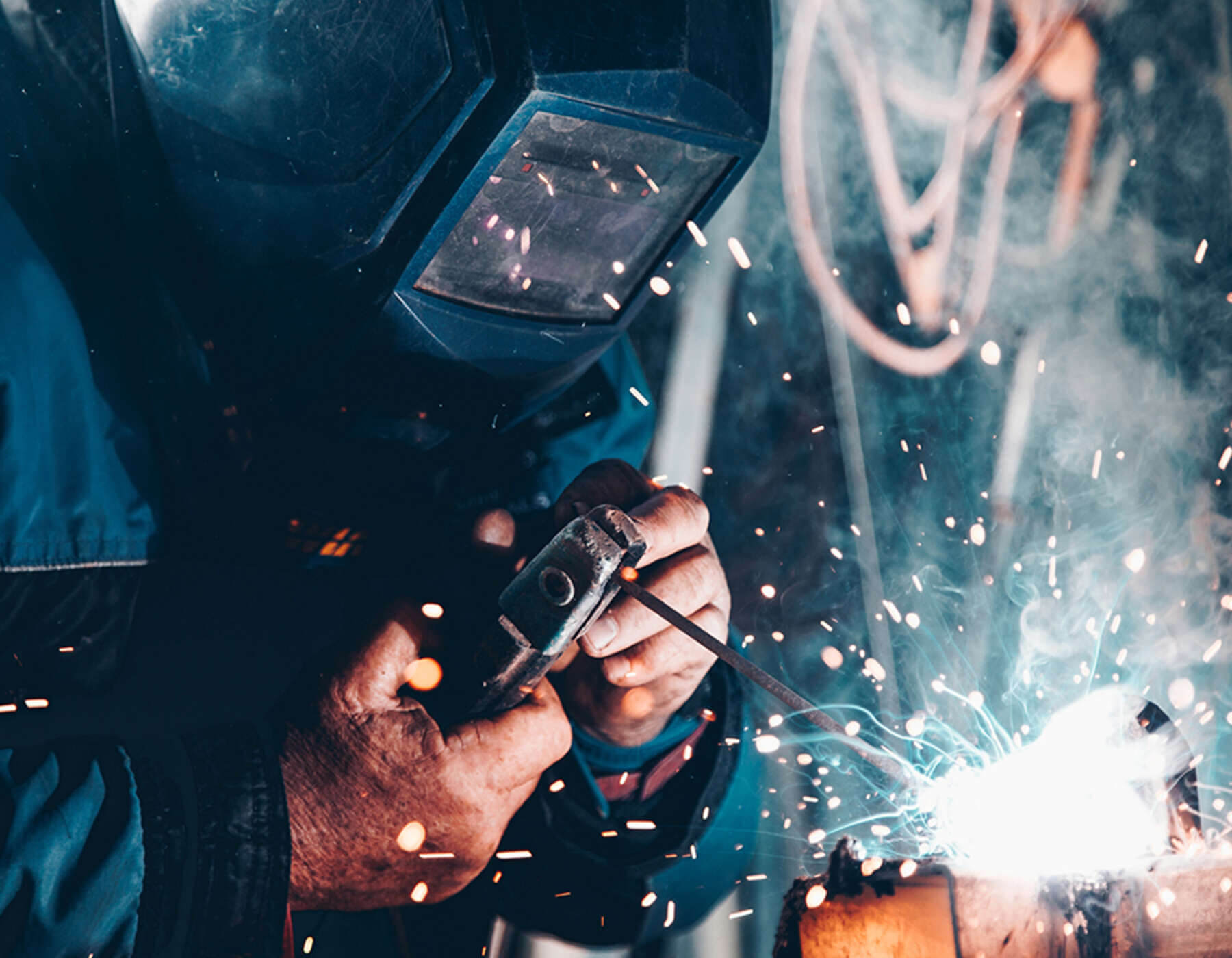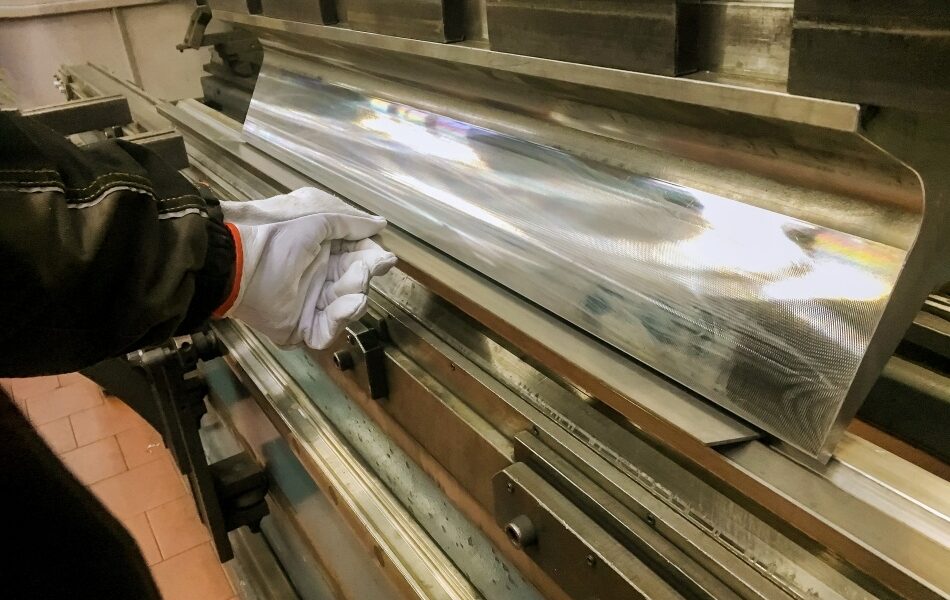
Custom fabrication is detailed, specific, and packed with added value.
How?
Because the metal product in question has been purposefully designed and manufactured to meet a specific requirement. Everything from the choice of material to the fabrication processes has been carefully considered to ensure the final product offers durability, strength, and longevity.
Compared to stock sheet metal, from design to delivery, custom metal fabrication focuses on producing high-quality end results that deliver exceptional value.
In this post, we look at some of the fabrication techniques that we believe bring incredible value to your products and metal components.
In addition, if you’re looking for an experienced team who can provide sheet metal fabrication in Newcastle, check out MorFabrication’s range of services online.
Fabrication Techniques
Detailed Design Specifications
For the team at Morfab, we’re firm believers that the entire metal fabrication process relies on detailed and very specific designs and calculations.
For professional fabricators, this means taking standard industrial plans and engineering drawings and producing detailed and thorough designs and reports that outline the fabrication processes that will be involved in the manufacture of the product, the materials used, and even the filler components if welding and joining of metals are involved.
All of this detail allows for value to be added at every stage and for you to achieve the perfect outcome.
Testing and refining are also part of this process, amending designs to achieve the optimal result.
Using our engineering skills and CAD applications, we produce designs that ensure projects offer high quality and value, accounting for all stages of the fabrication process.
From the added value in design, we move to metal fabrication….
Metal Cutting, Forming, and Shaping
This is where the fabrication techniques really come under scrutiny; for example, what method will be best for the material in question? Have you considered the thickness of the material, shape, size, and forming requirements?
Different metal fabrication techniques offer different benefits; for example, laser cutting is best suited to delicate metal fabrications that require a high degree of precision, or if you’re working with strict tolerances for heavy steel plates, laser cutting is a great choice.
CNC machining is ideal for fabricating complex metal shapes, and plate sheering can be cost-effective for those more durable projects.
Whatever technique you opt for, it must be the right tool and piece of machinery to achieve the desired result.
Other types of machinery can include:
- Plate rolling
- Punching
- Sheering
- Bending
- Forming
- And more.
A full-service fabricator (like MorFabrication Ltd) will be able to help you with all of your machining requirements and more.
Welding and Assembly
When it comes to welding and assembly, there are numerous metal fabrication standards that you must follow.
Those fabricators with the right certifications are the teams that will ensure value is added at every step.
We would advise when looking for a fabricator for your project that you ask to see certifications, check testimonials, reviews online, past work, case studies, etc.
The assembly stage allows you to test that everything functions as it should. Here you can make adjustments and tweaks as necessary before disassembling for delivery. Ideally, the assembly stage should be documented, making it as easy for your fabricators or the client to assemble themselves.
All metal components should be shipped as required.
The added value in this stage is the custom assembly processes put in place can dramatically reduce costs and timelines, supporting your bottom line.
Finishing
This is the final, and sometimes most basic, fabrication technique that adds aesthetically pleasing value.
The benefits of choosing the right finish for your produce include:
Extending the lifespan of the product.
It can provide a bigger return on investment as the perceived value is much more.
Provides additional protection against harsh external environmental conditions.
It makes products more corrosion-resistant, electrical, chemical, and tarnish-resistant.
There are a range of finishing techniques that you can use on metal products, such as:
Powder Coating – an efficient process that offers resistance to scratching and chipping, leading to great quality and little maintenance.
Copper Finishing – durable, corrosion resistant, has a natural adhesive, and provides a great finished look.
Metal Blasting – great for cleaning and removing dirt, grime, even paint, rust, and more from the surface of a metal.
Wet Spraying – great for larger surfaces as it can provide a consistent finish making it extremely versatile.
Hot Dip Galvanising – provides a layer/coating on the metal, offering additional protection and strength.
Chrome Plating – provides additional strength to the metal surfaces to which the plating is applied; chrome plating also helps prevent corrosion.
Metal Polishing – brings metal products and components to life and prolongs your product’s lifespan.
Sheet metal fabrication Newcastle
When thinking about which fabrication techniques to implement, consider how the product will be used, whether the techniques work with the prescribed timelines, whether it is cost-effective and provides a good ROI, and whether the finishing is suitable for the material in use.
From CAD designs to onsite assembly, the MorFabrications team offers you a cost-effective fabrication service that supports your requirements.
We have years of experience, skills, and equipment to meet a range of metal specifications for various business sectors.
Got a project in mind?
Call us on 0191 816 2718 or email your requirements to info@morfabrication.com.

